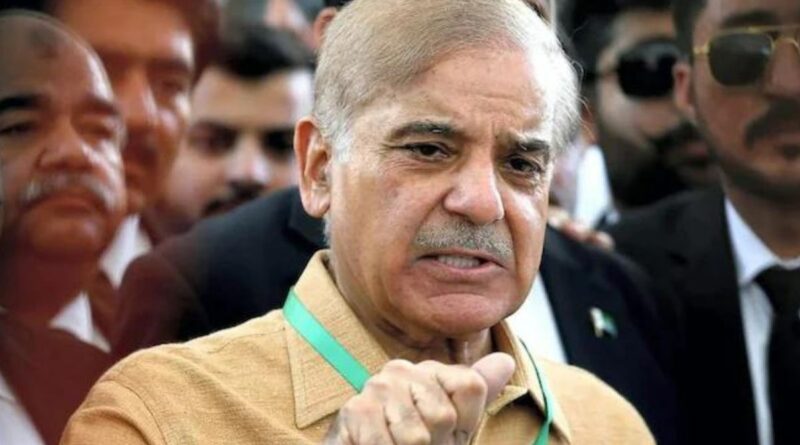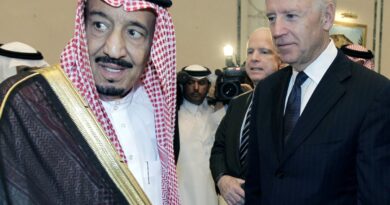Pak headed for instability as Shehbaz’s political and economic woes mount
With former PM Imran Khan trying to galvanise public support to force Shehbaz Sharif into calling an early general election and Pak Army staying aloof to political machinations, the Islamic Republic is in for troubled times as it faces a double whammy from weak economy.
Pakistan is headed for long term instability with Prime Minister Shehbaz Sharif facing a political challenge from his ousted predecessor Imran Khan Niazi in the form of long-march to Islamabad tomorrow amidst free falling Pakistani Rupee and a neutral Pakistan Army.
According to reports reaching New Delhi, PTI chairman Imran Khan Niazi would depart from Peshawar on the morning of May 25 for Islamabad to lead the long march. Apparently, the call for the march was primarily for people from Khyber Pakhtunkhwa and Punjab with parallel protests in Quetta in Balochistan and local protests in Sukkur, Larkana, Hyderabad and Karachi of Sindh Province. As PTI leaders have said that Niazi will announce his next action plan on June 3, there is a possibility that the former pace bowler may plan a sit-in protest in Islamabad.
However, the Shehbaz Sharif government is taking the political challenge head-on with section 144 declared in Sindh province and mounting a country-wide crackdown on the supporters of Imran Niazi.
While the Islamic Republic is in a state of political flux since March this year, the Pakistan Army under General Qamar Jawed Bajwa wants his flock to remain neutral and focus on containing internal strife and economic stability in Pakistan. The Rawalpindi GHQ is also concerned over the fall-out of Islamist Taliban occupation of neighbour Afghanistan as the Sunni Pashtun force does not recognize the Durand Line as the international border between the two countries as it divides the tribal Pashtun community.
The political game in Pakistan is complicated with Imran Niazi trying to cash on his victim nationalist card by forcing an early general election this year with a belief that his popularity with the youth and their apparent disgust with the ruling political feudal families would make him PM once again.
Prime Minister Shehbaz Sharif and his political allies want the government to serve the full term till October 2023 while he seeks economic consolidation of Pakistan. The state of Pakistan economy is precarious with high external debt, double-digit food and fuel inflation and a spiralling down Pakistani Rupee. Shehbaz and his foreign minister Bilawal Zardari have also made strong statements on Kashmir in Pakistan Assembly, UN and China to appease the domestic political audience.
The idea of general elections next year also suits the Pakistan Army as Gen Bajwa turns 62 on November 11 and is up for extension as Chief of Army Staff, a position he is on since November 29, 2016. The other reason is that Rawalpindi GHQ has no love lost for Imran Niazi after the latter tried to defame the Pakistan Army as corrupt and called it neutral as an animal in a bid to instigate them. The Army at present has taken a neutral position on political ferment in the country but is watching the developing internal situation in the country with an eye towards the present economic crisis as it directly impacts national security.
Shehbaz Sharif’s elder brother Nawaz Sharif also wants an early election before November 2022 so that the new government takes a call on the extension of Gen Bajwa. This belief is also strengthened by the fact that Imran Khan Niazi faces serious resentment among the public for the present economic crisis in Pakistan as well as making the country a pariah with the US and the West. Delay in general elections would wipe off the resentment against Niazi, with Shehbaz having to grapple with the raging economic crisis facing the nation. It is code red for Pakistan.


